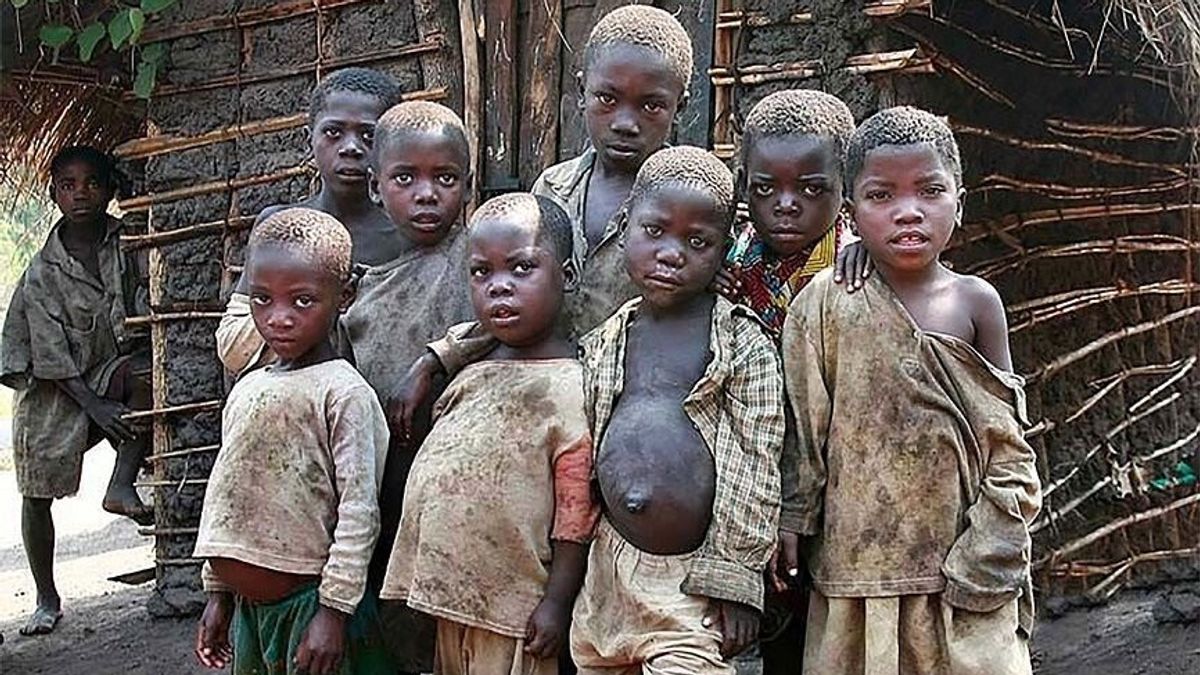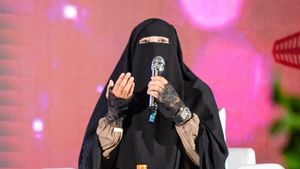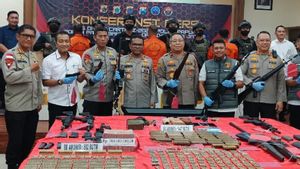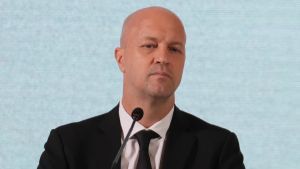Burundi, a small country in Great Lakes Africa, is often considered one of the poorest countries in the world. Starting from colonial history, internal conflicts, to political and economic instability, there are many causes of poverty that hit this country. This article will discuss various key factors that cause Burundi to become the poorest country in the world.
1. Colonial History and Influence
Burundi, along with Rwanda, was once part of the German colony and then the Netherlands before gaining independence and becoming two separate countries in 1962.
During the colonial era, the government system implemented exacerbated ethnic tensions and fostered conflict between the Hutu and Tutsi groups, which eventually erupted into ethnic violence after independence. This legacy from this colonial period left Burundi with an unstable and tense social and political structure.
2. Internal Conflict and Civil War
After independence, Burundi experienced various internal conflicts and prolonged civil war. The civil war that started in 1993 and lasted more than a decade was one of the most destructive events.
This conflict not only causes a lot of deaths, but also damages the country's infrastructure, disrupts economic activity, and creates a long-term and trauma crisis. The long-term impact of this conflict continues to burden Burundi, hampering the country's efforts to recover and develop.
3. Political And Corruption Unstability
Burundi faces major challenges in the form of political instability and corruption. The frequent change of government and political chaos led to inconsistent economic policies and a lack of long-term planning. Extended corruption has also hampered effective economic development.
Many state resources that should be allocated for the development and welfare of the community are instead misused or corrupted by officials. This exacerbates poverty and hinders inclusive economic growth.
4. Restrictions on Natural Resources and Infrastructure
Burundi has limited natural resources. Although there are some minerals such as tin and tantalum, the management and exploitation of these resources has had no significant impact on the country's economy.
In addition, Burundi's infrastructure, including roads, health facilities, and education, is still very underdeveloped. This lack of infrastructure hampers access to basic services and worsens people's living conditions.
5. Dependence on Subsistent Agriculture
Burundi's economy relies heavily on subsistent agriculture, where most of its population is involved in food production for personal consumption and has no surplus for sale.
Subsistent agriculture often does not generate enough income to meet basic needs or to trigger economic growth. The lack of modern agricultural technology, climate change, and natural disasters also has a negative impact on agricultural products, exacerbating the poverty situation in this country.
6. International Aid and Welfare Challenges
Burundi received international assistance from various donor organizations and countries, but dependence on outside aid often only solves problems in the short term without overcoming the root causes of poverty. The aid program is often not well coordinated and can be hampered by political instability and corruption.
So the conclusion is that the poverty that hit Burundi is the result of a combination of historical, political, economic and social factors. To overcome poverty, a holistic and sustainable approach is needed, including political stabilization, economic reform, infrastructure improvement, and community capacity development. Only by dealing with the root causes of poverty and building a strong foundation for growth can Burundi overcome the challenges he faces and lead to a brighter future.
So after knowing why Burundi became the poorest country in the world, see other interesting news on VOI.ID, it's time to revolutionize news!
The English, Chinese, Japanese, Arabic, and French versions are automatically generated by the AI. So there may still be inaccuracies in translating, please always see Indonesian as our main language. (system supported by DigitalSiber.id)













